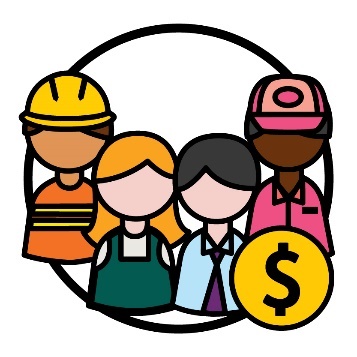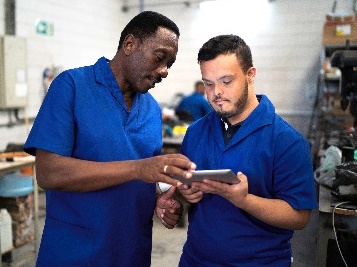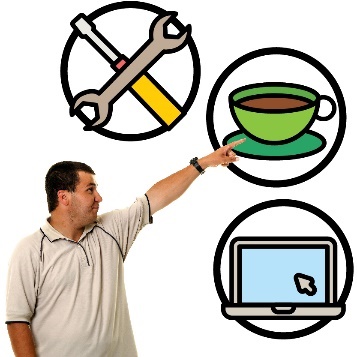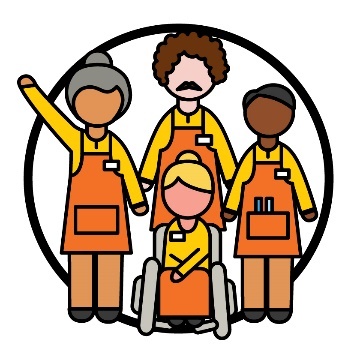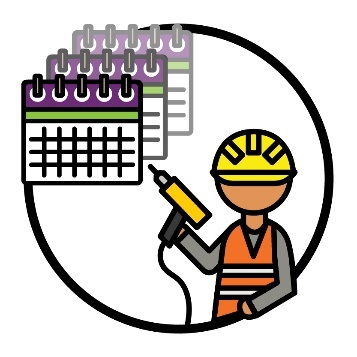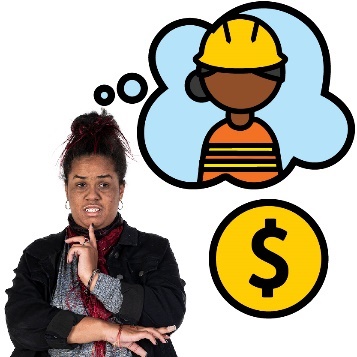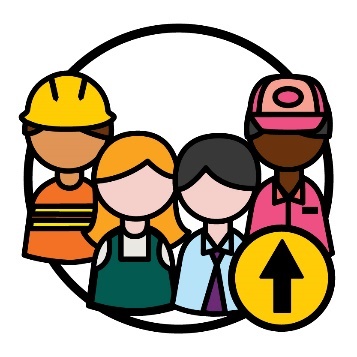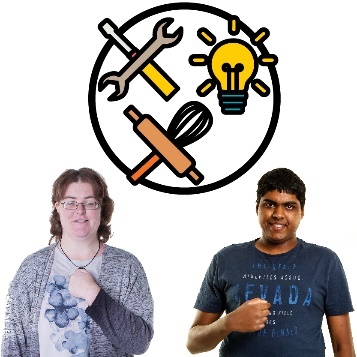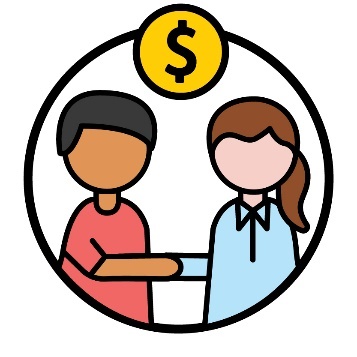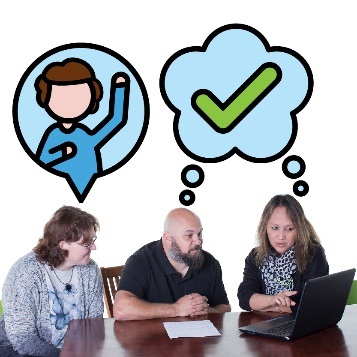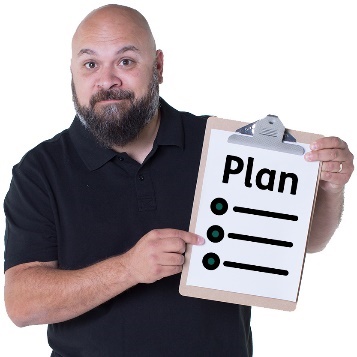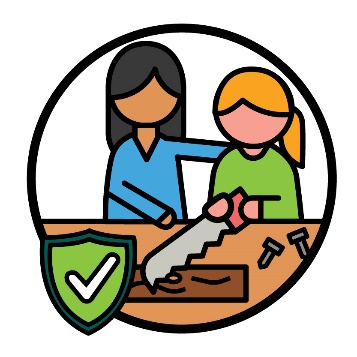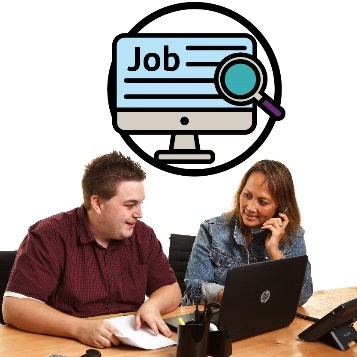Ways to improve employment
|
|
Employment means you:
|
|
|
Ms Rebecca Falkingham shared what work the NDIA will do to hire more people with disability. |
|
|
Reference Group members talked about what helps people with intellectual disability to:
|
Members explained that people with intellectual disability should get: |
|
|
|
|
|
|
|
|
|
Your career is the path you take in your work throughout your life. |
|
|
They should also get support to find work at a business where anyone can have a job. For example, places that don’t just hire people with disability. |
|
|
Members also explained that people with intellectual disability want long-term work where they can grow their career. |
|
|
People with intellectual disability also want to know how their career might affect other payment supports they get from the government. |
|
|
Members shared that job interviews should be run by people with intellectual disability. And they should ask questions that are easy to understand. |
|
|
Members also shared there should be more jobs for people with intellectual disability. |
This includes work that: |
||
|
|
|
|
and |
||
|
|
|
|
|
|
Members explained that employers who hire people with intellectual disability need the right supports. An employer is a person who hires other people to work for them. |
|
|
|
For example, they should have support to understand what each person with intellectual disability needs. And what skills they have. |
|
|
|
Members also explained that employers should make a plan each day for what they want their staff to work on. |
|
|
Employers should also look at ways to make their place of work better in the long-term. They should do this by listening to what their staff have to say. |
|
|
Members shared that there are people with disability who work to support other people at their jobs. They are called mentors. |
|
|
These mentors:
|
|
|
They also support people to find better jobs with better pay. |
